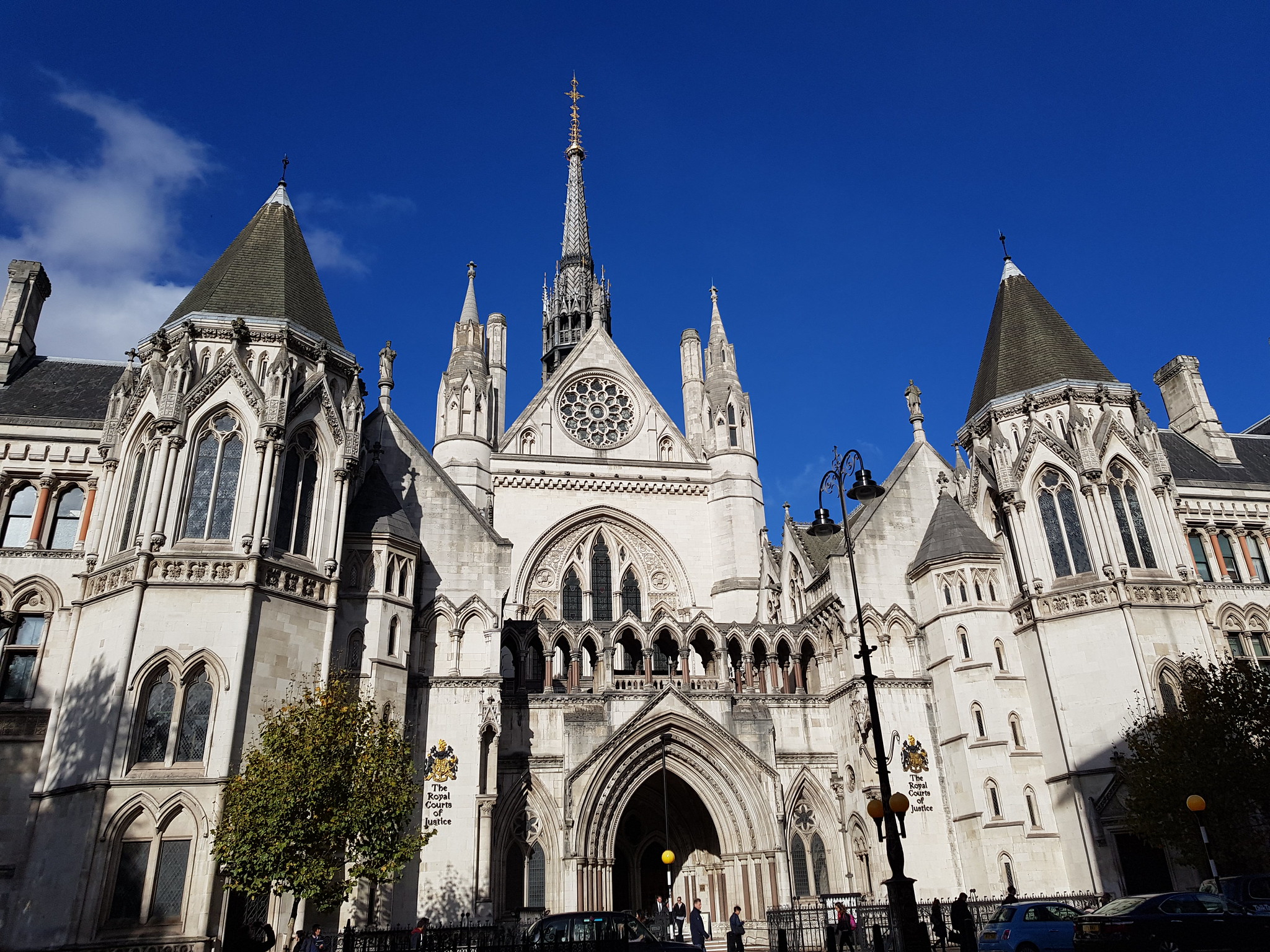
03 Apr The Unity Project backs urgent call for ‘no recourse to public funds’ policy to be lifted during pandemic
The Unity Project is backing an emergency high court hearing today calling for immediate suspension of the Home Office’s brutal ‘no recourse to public funds’ (NRPF), which is denying tens of thousands of working families access to the welfare safety net during the coronavirus outbreak.
The NRPF policy was introduced in 2012, and has led to thousands of children growing up in abject poverty, as their migrant mothers are blocked from receiving the same state support that other low-income families can claim, including child benefit, tax credits, or free school meals.
TUP co-ordinator Caz Hattam says:
‘Since The Unity Project was set up three years ago, we’ve seen how the policy causes intense poverty even at the best of times. With coronavirus, the situation for the families we work with has become even more desperate. They are mainly single mums with young children doing low paid jobs, and now are facing the impossible choice of keeping working during the outbreak, putting themselves and others at risk, or stopping work, and having no means of paying rent or feeding their children.’
Today’s legal challenge is being brought by the leading human rights law firm Deighton Pierce Glynn on behalf of a single mother with young children. The barrister in the case is Alex Goodman from Landmark Chambers. TUP is supporting the case by providing extensive evidence to the court of the destitution caused by the NRPF policy, and how the process where individuals can apply to the Home Office for the condition to be lifted is hopelessly flawed.
TUP has seen countless cases where the Home Office has wrongly turned down applicants or demanded unrealistic and unnecessary amounts of evidence that NRPF has left them in destitution. In one case, the Home Office accepted a woman was sleeping on a sofa in an unconverted garage, but refused to lift her NRPF condition, as she had not included in her application a letter from anyone in officialdom to confirm such accommodation was unsuitable.
During the current pandemic, TUP has had to arrange emergency food deliveries to families who are still waiting for the Home Office to process their ‘change of conditions’ applications. Among the 20 applicants waiting to hear back are the mother of a young son, who usually works 50 hours a week in health care, who is now self-isolating. She is on medication for high blood pressure due to stress, and her condition makes her more vulnerable to coronavirus.
In another case, a pregnant woman with two children is living with the family of her ex-partner, who had told her to leave before the lockdown. She is unable to self-isolate, as the government advises during pregnancy, because other members of the household are not isolating. In another, a mother and her two autistic children are living in one room, where it is impossible for them to get the stimulation they need. She has no income and was being temporarily supported by a friend, but the friend has now lost work, too.
Since 2012, the Home Office has had a blanket policy of applying a ‘no recourse to public funds condition’ to anyone granted ‘limited leave to remain’ on the basis of family ties to the UK. The policy was intended to ‘promote integration’, but has resulted in children of these families, often black British children, being pushed to the margins of society, penalising them because of their mothers’ immigration status.
Adam Hundt, the partner at Deighton Pierce Glynn, who is leading the legal challenge says:
‘These are the mothers of British children who have been working, paying tax and national insurance, and they are left with literally nothing and relying on charity. We want an immediate suspension of the ‘no recourse to public funds’ policy so these families can access basic welfare support during the crisis.’
In research published by The Unity Project last year, it found that 85% of those applying to have NRPF lifted are women, nearly all single mothers; 90% of them have British children; 95% of the children are black. Even before the pandemic, nearly three-quarters of those surveyed couldn’t afford a hot meal for their children every day; over half had been forced to sleep on the floor or a chair at times; 6% had been street homeless; over 90% of their children never get a birthday cake.
If today’s court action succeeds, it will mean the NRPF is immediately suspended, ahead of the full court hearing, which will argue that the policy should be permanently scrapped because it discriminates against women and ethnic minorities.
For further information, contact Fiona Bawdon: fiona@impactsocialjustice.org
